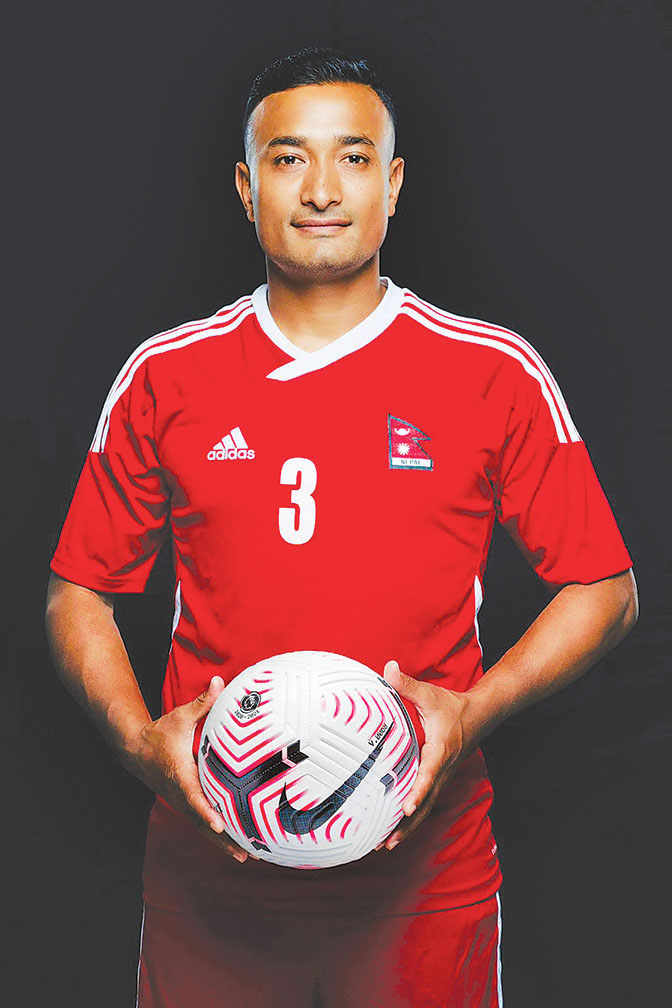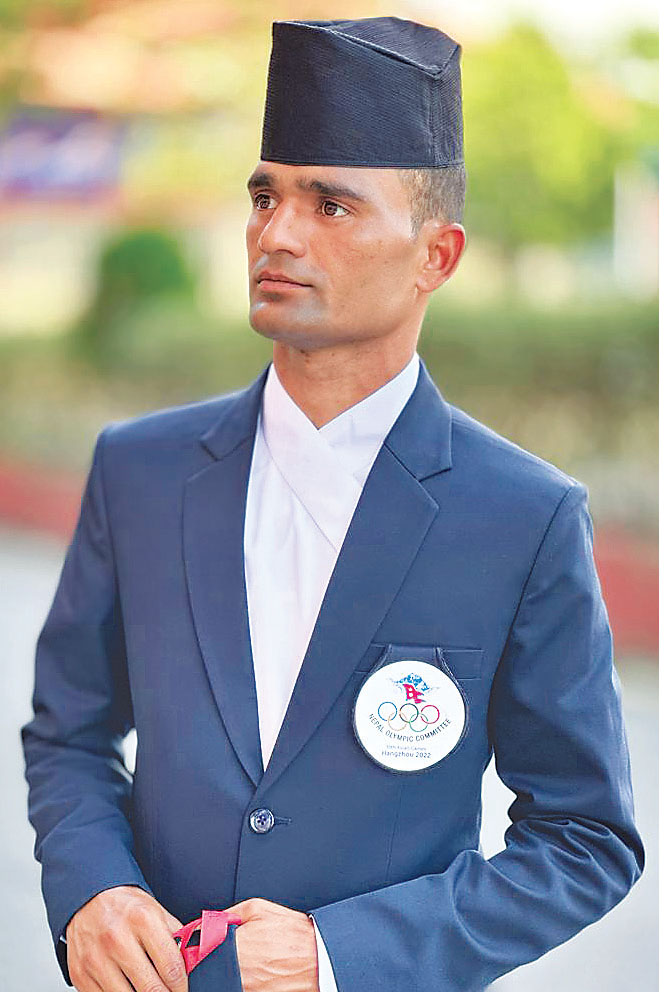Culture & Lifestyle
The winning formula
Athletes’ performance on the field depends on their physical prowess as well as their mental resilience.
Anish Ghimire
Athletes are often celebrated for their physical prowess, skills, strength and agility. However, the significance of their mental well-being in achieving peak performance is equally vital. While their physical strength garners much attention, the state of their mind plays a crucial role in attaining the desired results.
Physical fitness is the foundation upon which athletes develop their capabilities. Through hours of training, rigorous workouts and careful dietary choices, they enhance their strength and overall fitness. On the flip side, mental fitness encompasses a range of skills, including focus, resilience, stress management and goal-setting. Athletes with a positive mindset can navigate competition pressures and setbacks more effectively. In the documentary ‘The Test’, former Cricket Australia coach Justin Langer says, “The biggest player on the ground isn’t the opponent; it is pressure.”
An athlete prepares for a game through various methods, regardless of the sport. Gopi Chandra Parki, a long-distance runner who secured a gold medal for Nepal in the 2019 South Asian Games, places great importance on goal-setting and mental readiness to accomplish his objectives. “My mind functions optimally when I have a target to pursue,” notes Parki. He emphasises commitment to goals despite setbacks.
In terms of physical fitness, Parki adheres to a daily training routine, believing that one’s body performs best when they train it regularly. Additionally, he is mindful of his eating habits, saying, “There is truth in the saying, ‘you are what you eat’.”


For a player, the game doesn’t kick off when the referee blows the whistle; it begins months earlier during their training. The actual match day is just the time they spend on the field trying to put into practice what they’ve trained for. Former Nepal football team captain Biraj Maharjan emphasises the importance of players entering the field with a belief in their abilities and all-round physical fitness to achieve their target. Without these, players cannot perform at their best.
Also, these days, players are being constantly monitored not only by the fans and the media but also by team analysts. “Due to so many eyes around us, we must present our best self on the field,” adds Maharjan, who has more than a decade of professional football experience. But he doesn’t sweat on it; it helps him focus more. Despite the pressure, he calms himself down, focuses on the task at hand, and plays the game momentarily—without getting ahead of himself, all the while being his own motivator.
The former captain avoids alcohol and tobacco. “Staying disciplined with my eating habits enhances my agility,” he adds. Despite rigorous training and good nutrition, giving the body adequate rest is equally important. Maharjan notes that many players train hard but often neglect the timing of their rest. “Training is crucial, but scheduling time to rest the body is also essential for good physicality,” he explains.
National badminton player Nangsal Devi Tamang often encourages herself to push through stagnation and stress. “First, I take a long, deep breath and tell myself that I believe in myself. I can do it and will give my best, no matter the outcome. This mental preparation is crucial,” she says. To maintain physical fitness, Tamang follows a warm-up routine, including running, jumping, footwork drills, and racket swings—each lasting five to ten minutes. Her advice for lasting fitness extends beyond the court: “Never give up on your daily training routine. Keep going, stay positive, and the results will follow.”
According to all the players The Post spoke to, each player encounters unique challenges, depending on the sport they play, their physical condition and mental resilience. National football player Saru Limbu shares her strategies for maintaining peak mental and physical fitness, shedding light on the challenges and dedication required in top-level athletics. Acknowledging pre-game nerves, the midfielder reveals, “I do feel a bit nervous before a match, but I’ve learned that mind control is everything.” Expanding on this, she explains, “If we can convince our brain that we’re up to the task, we alleviate unnecessary pressure and perform better.”
Beyond the mental game, Limbu emphasises the importance of physical well-being. She uses a period tracker app to keep track of her menstrual cycle and adjusts her training accordingly. Impressively, she doesn’t let period-related discomfort deter her from the field. “There are times I play through period pain because the game doesn’t wait,” she shares. Valuing commitment, she reveals her dedication to training by following a strict ‘no-cheat day’ philosophy.





 9.12°C Kathmandu
9.12°C Kathmandu















